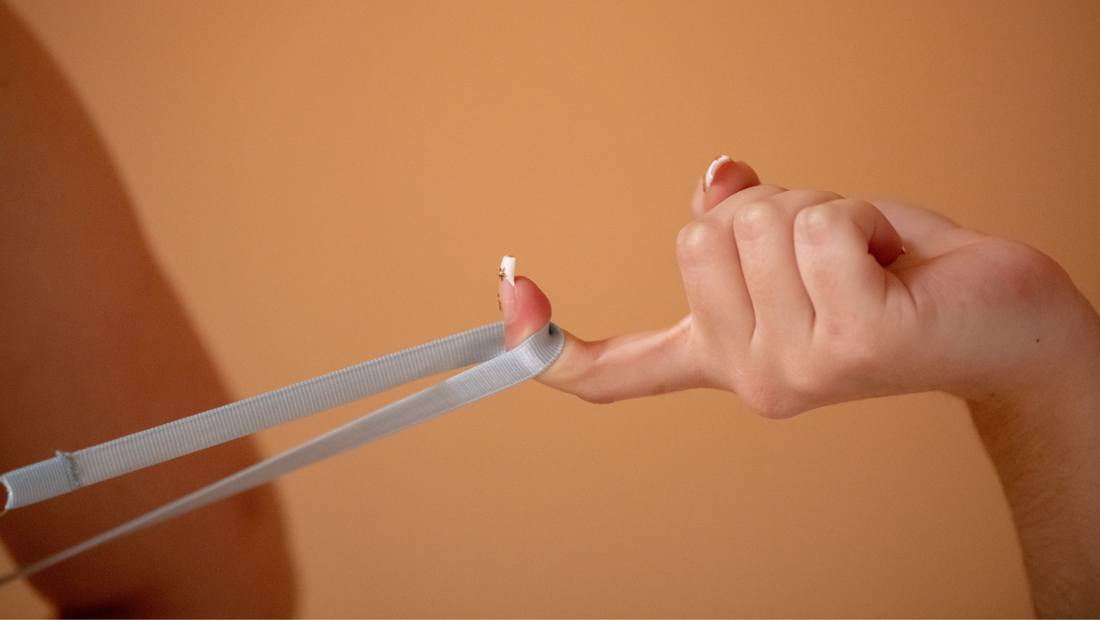It’s no secret that the world and of course the internet is full of misinformation when it comes to sex education. We are fed narratives that perpetuate unattainable expectations regarding relationships and are shown unrealistic often damaging representations of sexual encounters.
Beyond the actions or inactions that take place during this perceived version of “sex”, our world often does not include conversations about consent. When it comes to physical intimacy, everyone involved needs to understand their partners' personal boundaries and what they need to feel safe and comfortable. And this isn't just a one time conversation. As peoples' needs, boundaries, and feelings change (which is normal), what they may consent or NOT consent to may change, too. This is why continuously checking in with your partner(s) and yourself and asking for consent before every sexual act is necessary.
Always remember: consent is CONSTANT and you can revoke consent at anytime and for any reason.
As we educate, unlearn and connect with our community we want to remind you to tune in (with yourself) before you turn on (with a partner.)
We have compiled a short list of questions to ask yourself before taking it off, and getting it on.
Disclaimer: These questions come from personal preference and lived experiences and in no way are they to be considered medical advice.
1. Do I trust this person?
Trust is the be all end all when engaging in sexual, and physical relationships. Whether it’s your first time with a new partner or you are exploring a new sexual fantasy, kink, or position (with a current partner), trust should be your foundation. Building trust can take time but can also be achieved through clear and open communication.
2. Can I communicate with my partner(s)?
British researchers Lester Coleman and Roger Ingham, studying a sample of adolescents, found that only about half even discussed contraception with their partners prior to a first hook up. There are about a million and one other things on top of contraception that could and should be discussed. Including but not limited to barrier methods, STI status, sexual desires, fantasies, safe words, boundaries and more.. The point is, statistically we are not talking about the very things that can keep us safe and enrich our sex lives. Communicate more.
3. What do I want from this encounter?
Are you in a monogamous relationship, are you looking to be in one, or is this just a hookup? Understanding your needs and wants before entering into a physical encounter can result in a better, more satisfying outcome in the end with respect to each individual person's needs.
4. Am I excited?
This last question is to test our own enthusiastic consent. Peer pressure, alcohol and society influence our subconscious more than we think. Take a minute, check in. How does your body feel? How about your heart? At any given time you can pause or stop. You do not owe anything to anyone. Period.
Remember, these questions are just a starting point. No one ever regrets a quick check in before you go out, hook up or get off. Keep these as notes in your phone for easy access or as your background when you have a couple drinks. Pro tip: set a reminder alarm for yourself to go off half way through your night out. Nervous your date, partner or friend may see? FANTASTIC, what a great way to start a conversation.
Related Reading:
Stuff You Should Know - Sex and Aftercare by Lina Dune
Shedding Sexual Shame After Really Bad Sex Ed
The Three Most Important Factors in Open Relationships
How to Soothe & Prevent Pain During & After Sex
Momotaro Apotheca and its materials are not intended to treat, diagnose, cure or prevent any disease. All material on Momotaro Apotheca is provided for educational purposes only. Always seek the advice of your physician or other qualified healthcare provider for any questions you have regarding a medical condition.

